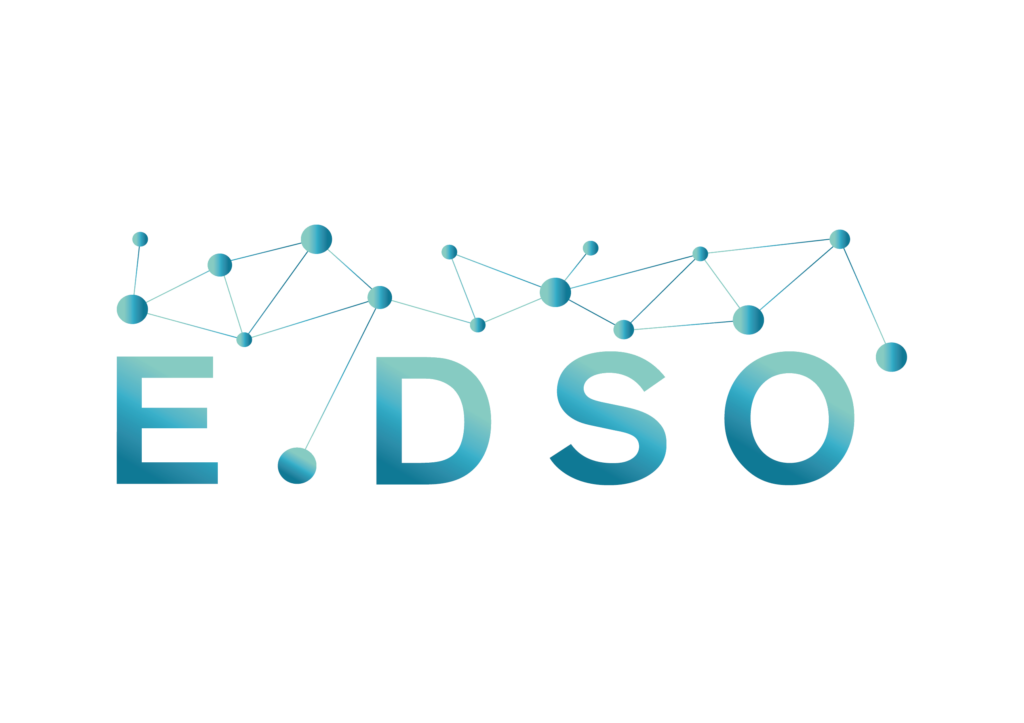
Blog #23

Creative Destruction of Jobs in the Energy Sector – EDDIE Project.
Carla Marin, Juan Marco
EDSO for Smart Grids
Context
To meet the European energy and climate targets for 2030, each EU Member State had to submit a final National Energy and Climate Plan (NECP) by the end of 2019. The NECPs foresee a lasting change and transition of the so far centralized energy sector, which needs to incorporate rapidly an increasing amount of new decentralized actors to meet the targets. The energy transition concerns not only the future of energy sources and the technical aspects on how to incorporate them into a smart system but changes the demand for certain skills on the current job market (Bribois 2018). According to OECD, digitalization might lead to lower labor intensity across energy systems, however, the impacts differ depending on the sectors (IEA 2017, 140). Energy companies need therefore to reskill their employees in the increasingly digitalized energy world to avoid economic disruption.
Development
There is a prevailing assumption in society that technological change and advancement leads to an overall increase in employment and labor demand even though it causes job displacement, and some sectors suffer disadvantages (Acemoglu et al. 2020, 2-3). The energy sector will face a phase of creative destruction as well of jobs, meaning new profiles replace the existing jobs because of innovation due to the rapid shifting into a digitalized and technological system (Garcia-Macia et al. 2019). The sector needs therefore to focus on the reinvention and re-engineering of jobs and make sure they are still recognizable for their workers in the future (Segal 2018). This will be crucial to guarantee to employee’s meaningful jobs and the opportunity to build knowledge, technical and social skills (Smids et al. 2019).
Roland Berger’s studies estimate that 3 million jobs will disappear worldwide by 2025 due to digitalization, this is not a threat but an opportunity that companies and individuals have to profit from by adapting to the new demands in the job market. Digitalization will destroy certain jobs we consider today as usual, but will create millions of new ones, adapting to the new needs of present and future markets and making them much more competitive and adequate to the trends.
The EDDIE project’s main aim directly addresses the creative destruction of jobs, it is the foundation and establishment of a Sector Skills Alliance, to develop an industry-driven Blueprint Strategy for the education and training in the energy sector which is continuously affected by digitalization. This Blueprint is an industry-driven strategy that will meet and anticipate the skills’ demands for the sustainable growth and digitalization for the European Energy sector. It is a way of adapting the education and energy sector to the needs of the job market and benefiting from this reorganization of business human resources that creative destruction brings with it.
References
Acemoglu, D., & Restrepo, P. (2020). The wrong kind of AI? Artificial intelligence and the Future ofLabour Demand. Cambridge Journal of Regions, Economy and Society, 13(1), 25-35.
Brisbois, M. C. (2019). Powershifts: A framework for assessing the growing impact of decentralized ownership of energy transitions on political decision making, Energy Research & Social Science 50,151-161.
Garcia‐Macia, D., Hsieh, C-T., Klenow, P. T. (2019). How Destructive is Innovation?. ECONOMETRICA VOLUME 87, ISSUE 5, 1507-1541.
International Energy Agency (2017), Digitalization and Energy.
Sega, M. (2018). How automation is changing work. Nature: International Weekly Journal of Science, 563(7733), S. 132.
Smids, J. Nyholm, S., & Berkers, H. (2020). Robots in the Workplace: a threat to – or Opportunity for – Meaningful Work? Philosophy & Technology, 33(5), 503.


